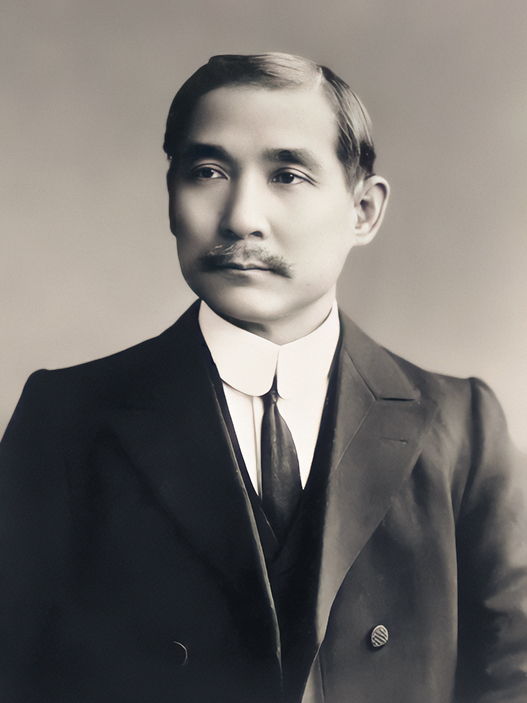Tung Yuan-feng (1883-4 November 1941) was one of the first serious philatelists of twentiethcentury China. He made technical studies of the Nanking and Foochow neutrality issues of 1912 and of the stamp series depicting Kuomintang martyrs first issued by the National Government in 1932. The Kan-ch'uan district of Kiangsu was the birthplace of Tung Yuan-feng. […]





